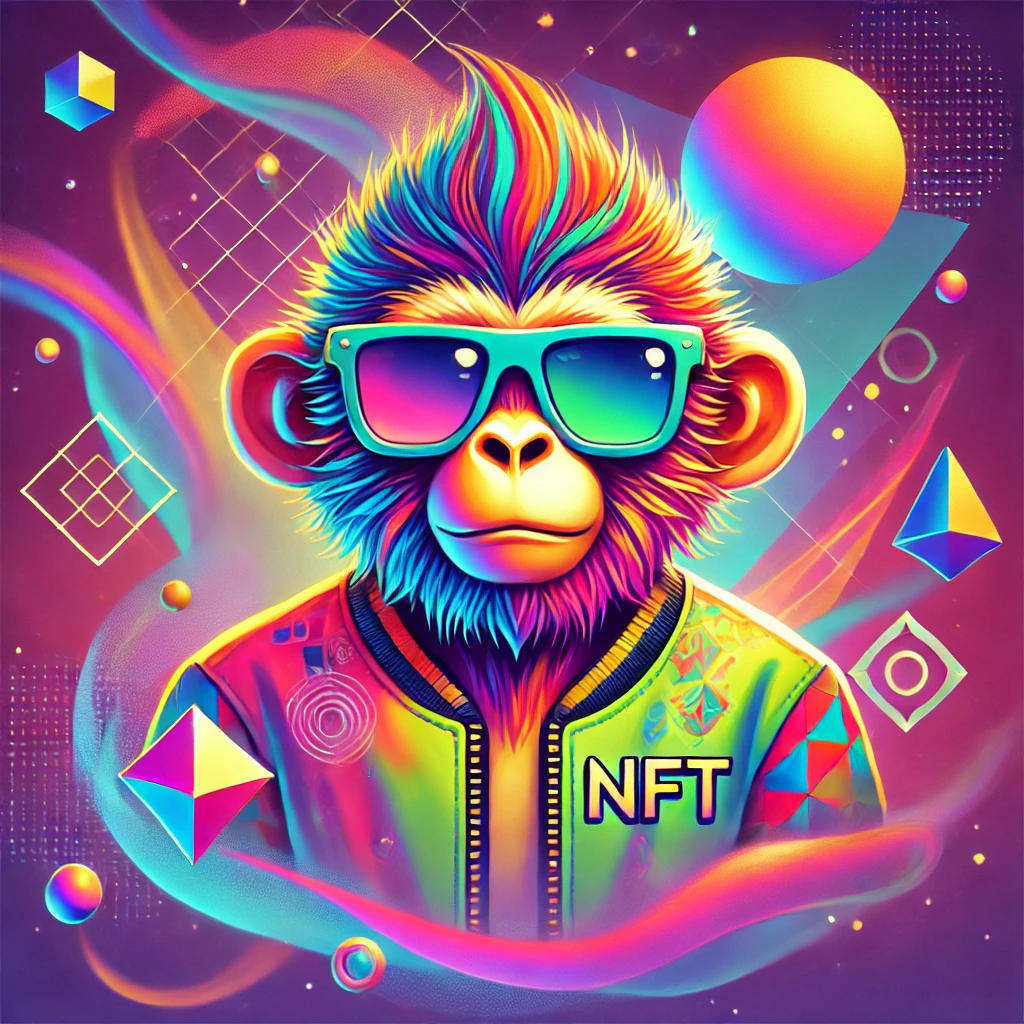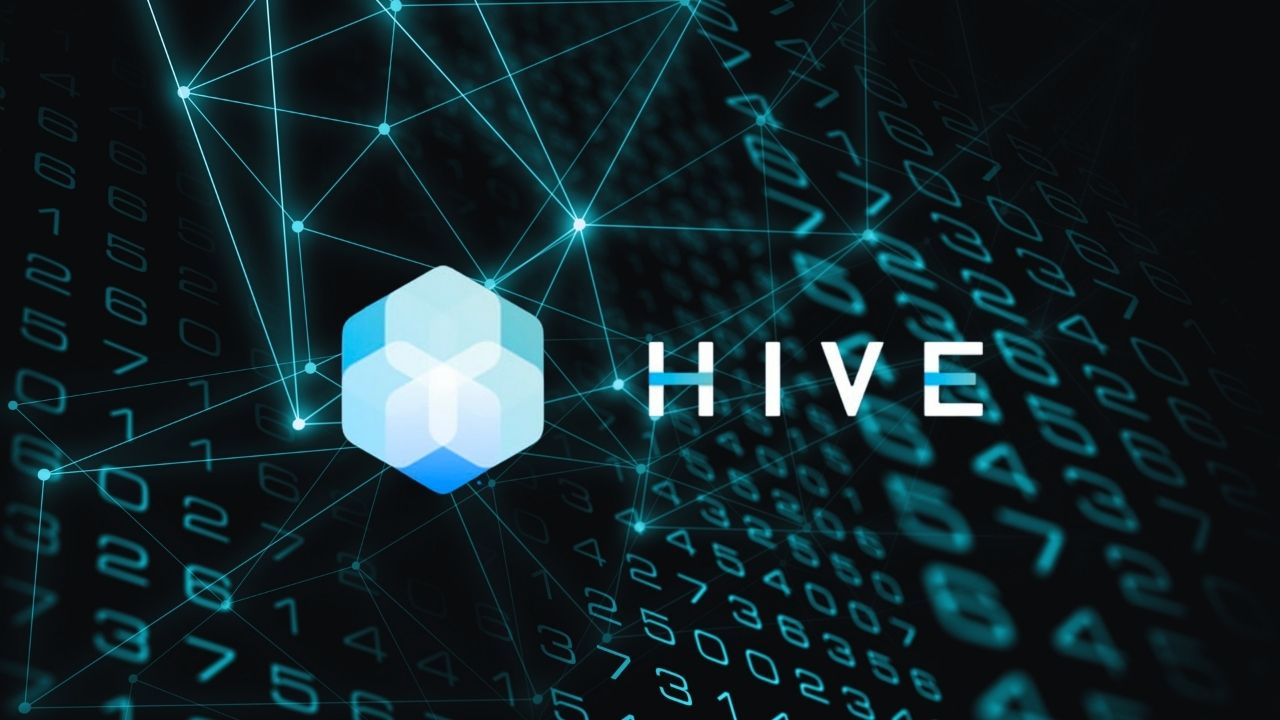QED, the world’s first zk-Native blockchain protocol, has announced a successful funding round of $3 million led by Arrington Capital, with participation from notable venture capital firms and companies like Starkware, Draper Dragon, and Blockchain Builders Fund. The startup aims to transform Bitcoin by combining the scalability of Zero-Knowledge (ZK) Proofs with the liquidity and security of Bitcoin (BTC).
What is QED and Who are the Founders?
QED is a pioneering blockchain protocol developed by a visionary team that previously implemented modular arithmetic in TapScript. Led by founder Carter Jack Feldman, QED seeks to empower more applications for Bitcoin by enabling locally provable transactions, essentially turning every user’s public key into a custom ZK circuit, resembling smart contracts.
Backers and Investors Driving Innovation
The $3 million funding round was backed by prominent investors such as Arrington Capital, Starkware, Draper Dragon, and Blockchain Builders Fund. These investors recognize the potential of QED’s innovative approach to revolutionize Bitcoin and empower decentralized applications within the ecosystem.
Plans for the Investment
With the newly secured funding, QED aims to further develop its groundbreaking technology and accelerate the rollout of its protocol. The startup plans to launch a Testnet for its decentralized proving network early in the year, followed by the QED mainnet and a token event. This investment will fuel QED’s ambitious roadmap for 2024 and beyond.
Benefits for the Industry
QED addresses many of the current shortcomings in Web3, including scalability issues and poor user experience. As the world’s first horizontally scalable blockchain, it offers increased throughput and allows developers to write smart contracts using popular programming languages like Javascript and Python. QED’s end-to-end Zero-Knowledge Proof (ZKP) recursive verification ensures high security and versatility, making it an ideal execution layer for all blockchains and zero-knowledge virtual machines (zkVMs).
Conclusion
QED‘s innovative zk-Native protocol has the potential to revolutionize Bitcoin and unlock new possibilities for decentralized applications within the ecosystem. With the support of leading investors and a visionary team, QED is poised to reinvent what is possible with Bitcoin and drive innovation in the Web3 ecosystem.
For more news and updates on groundbreaking developments in blockchain technology, subscribe to our newsletter. Stay informed about the latest trends and innovations shaping the future of decentralized finance and beyond.
FAQs
Q1.What makes QED unique compared to other blockchain protocols?
QED’s zk-Native protocol combines the scalability of Zero-Knowledge Proofs with the liquidity and security of Bitcoin, enabling locally provable transactions and empowering decentralized applications within the ecosystem.
Q2.How does QED plan to address scalability issues in Web3?
QED is the world’s first horizontally scalable blockchain, offering increased throughput and supporting popular programming languages like Javascript and Python for smart contract development. Its end-to-end Zero-Knowledge Proof (ZKP) recursive verification ensures high security and versatility, making it an ideal execution layer for all blockchains and zero-knowledge virtual machines (zkVMs).









